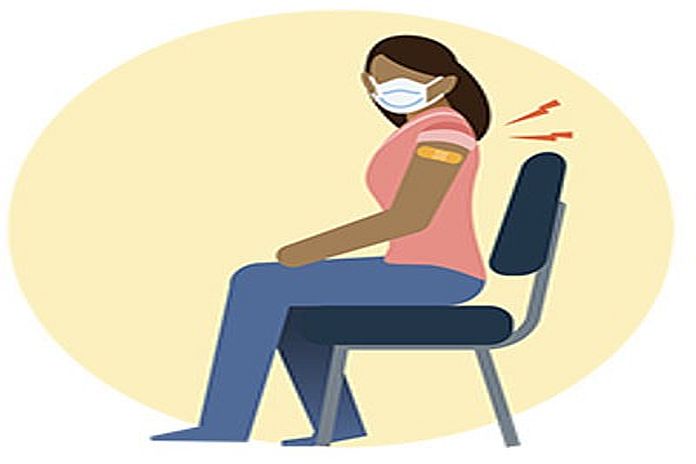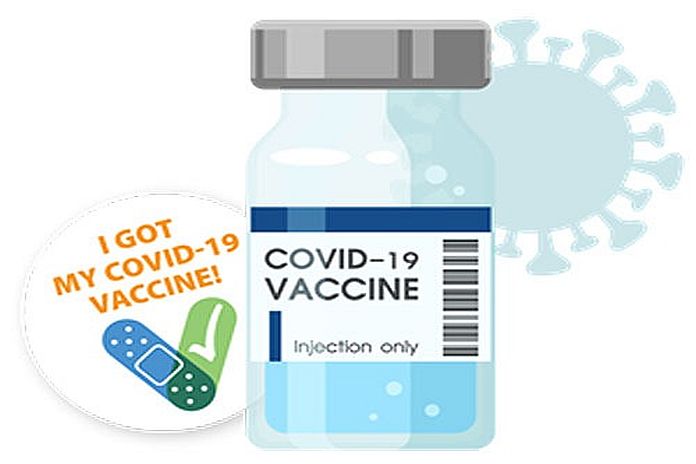ATLANTA, USA, (CDC) – This message includes updates on the COVID-19 response from CDC. The COVID-19 outbreak is a rapidly evolving situation and information will be updated as it becomes available.
COVID-19 vaccines for moderately to severely immunocompromised people
People who are moderately to severely immunocompromised are especially vulnerable to COVID-19 because they are more at risk of serious, prolonged illness. Studies indicate some immunocompromised people don’t always build the same level of immunity after vaccination the way non-immunocompromised people do.
CDC recommends that people with moderately to severely compromised immune systems receive an additional dose of mRNA COVID-19 vaccine at least 28 days after a second dose of Pfizer-BioNTech COVID-19 vaccine or Moderna COVID-19 vaccine.
CDC does not recommend additional doses or booster shots for any other population at this time.

Delta Variant: What we know about the science
The Delta variant is more than 2x as contagious as previous variants. Some data suggest the Delta variant might cause more severe illness than previous strains in unvaccinated persons.
Although breakthrough infections happen much less often than infections in unvaccinated people, individuals infected with the Delta variant, including fully vaccinated people with symptomatic breakthrough infections, can transmit it to others. CDC is continuing to assess data on whether fully vaccinated people with asymptomatic breakthrough infections can transmit.
The greatest risk of transmission is among unvaccinated people who are much more likely to contract and, therefore, transmit the virus.

COVID-19 vaccines work
COVID-19 vaccination reduces the risk of COVID-19 and its potentially severe complications. While COVID-19 vaccines are working well, some people who are fully vaccinated against COVID-19 will still get sick, because no vaccines are 100% effective. These are called vaccine breakthrough cases. mRNA COVID-19 vaccines have been shown to provide protection against severe illness and hospitalization among people of all ages eligible to receive them. This includes people 65 years and older who are at higher risk of severe outcomes from COVID-19.
Source: CDC





